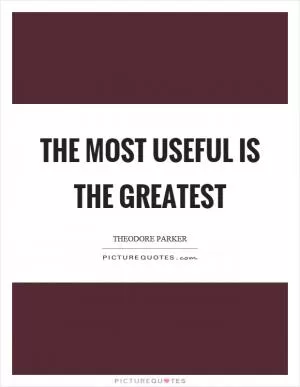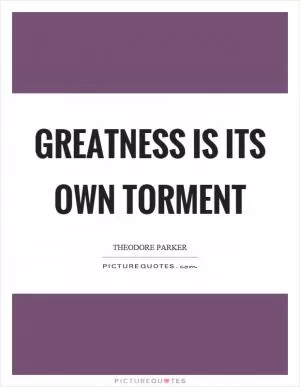The earnestness of life is the only passport to satisfaction of life

The earnestness of life is the only passport to satisfaction of life
Theodore Parker, a prominent American Transcendentalist and Unitarian minister, believed in the power of earnestness in life as a means to achieve true satisfaction. He saw earnestness as a key component in living a fulfilling and meaningful life, one that is guided by a strong sense of purpose and dedication to one's beliefs and values.For Parker, earnestness was not just about being serious or diligent in one's pursuits, but about living with authenticity, integrity, and passion. It was about being fully engaged in the present moment, fully committed to one's goals and aspirations, and fully invested in making a positive impact on the world around them.
Parker believed that living earnestly was essential for personal growth and self-fulfillment. He saw it as a way to cultivate inner strength, resilience, and courage in the face of life's challenges and obstacles. By approaching life with sincerity and commitment, one could overcome adversity, achieve their goals, and ultimately find true satisfaction and contentment.
In his famous sermon titled "The Transient and the Permanent in Christianity," Parker emphasized the importance of living a life of purpose and meaning. He argued that true satisfaction could only be found by living in accordance with one's deepest values and convictions, and by striving to make a positive difference in the world.
Parker's own life exemplified the power of earnestness. He was a passionate advocate for social justice, abolitionism, and women's rights, and he dedicated his life to fighting against injustice and oppression. Despite facing numerous challenges and setbacks, Parker remained steadfast in his beliefs and convictions, and his legacy continues to inspire generations of activists and reformers.












 Friendship Quotes
Friendship Quotes Love Quotes
Love Quotes Life Quotes
Life Quotes Funny Quotes
Funny Quotes Motivational Quotes
Motivational Quotes Inspirational Quotes
Inspirational Quotes